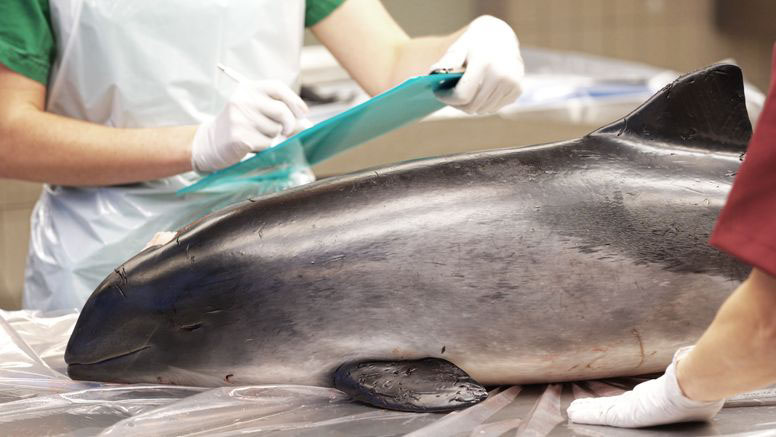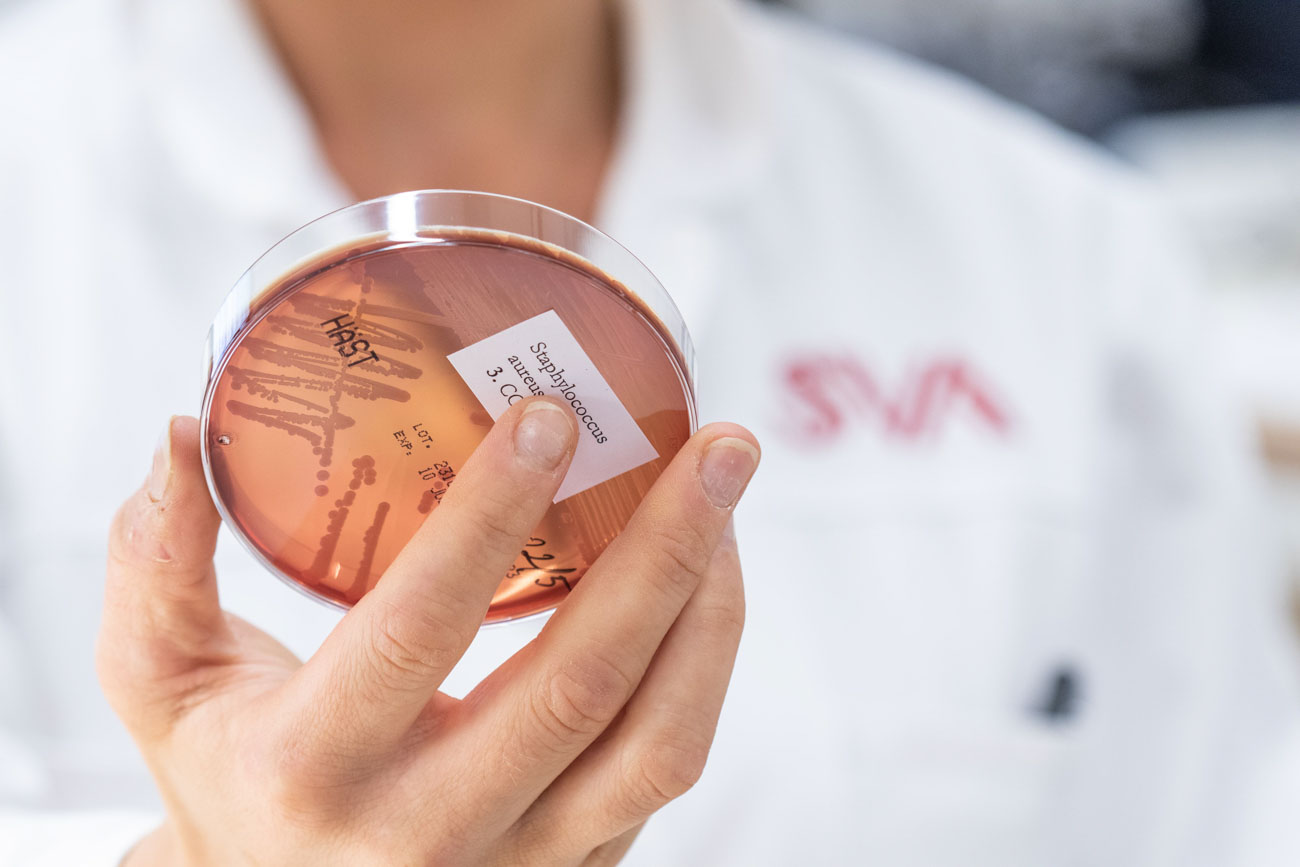The Swedish Veterinary Agency (Swedish: Statens veterinärmedicinska anstalt, SVA) is a Swedish government agency that answers to the Ministry of Agriculture, Food and Consumer Affairs. Our mission is to secure health and food supply by monitoring and mitigating animal disease.




